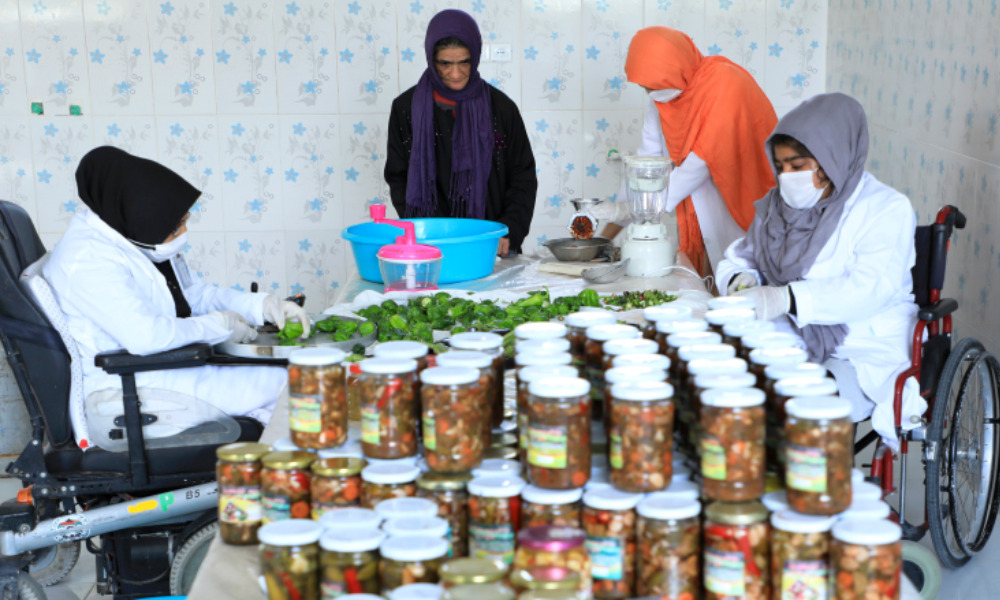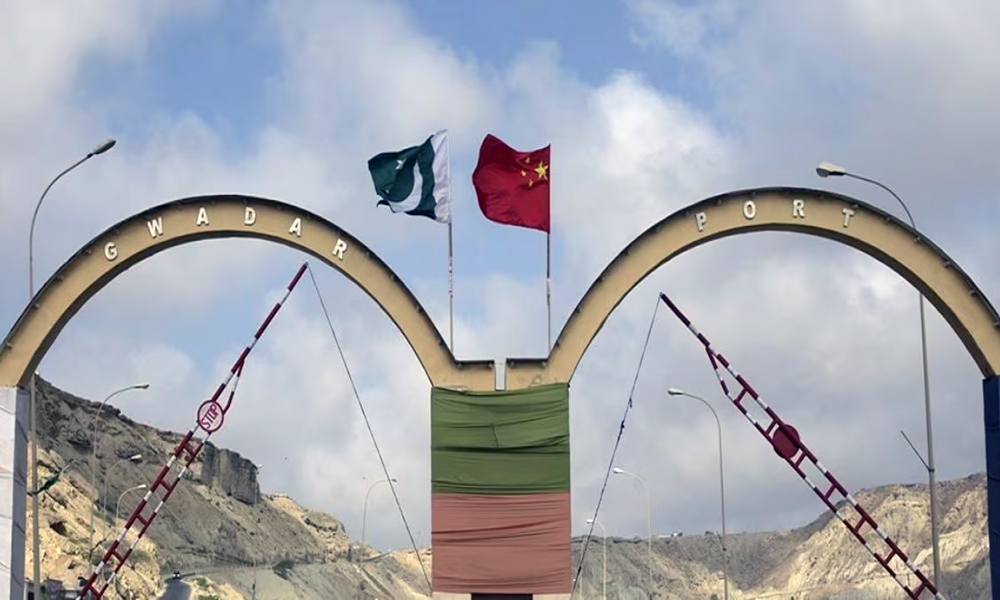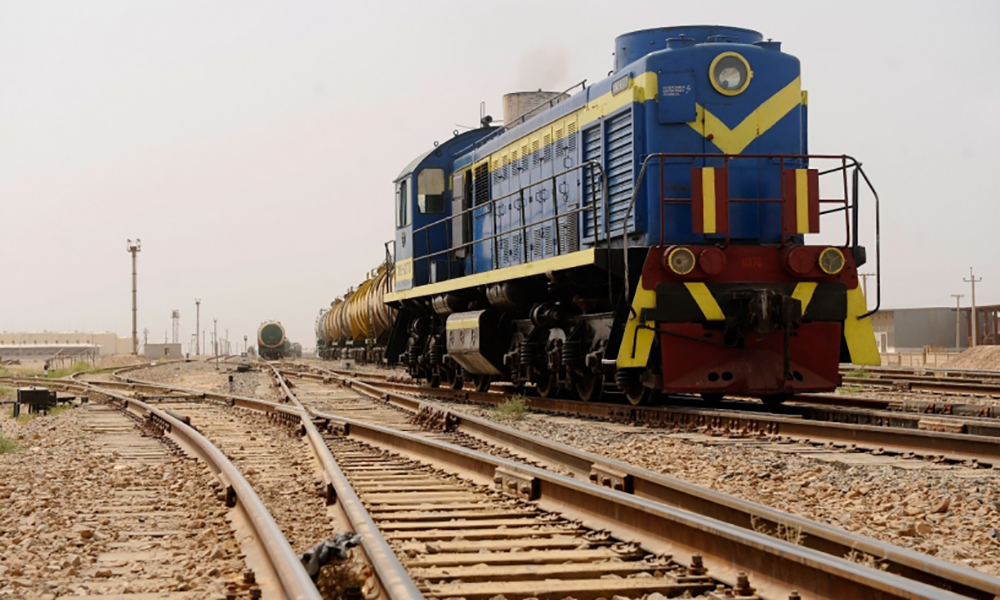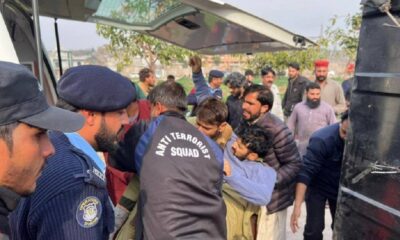Business
COVID-19 wreaks havoc on livelihoods of Afghans: World Bank report

COVID-19 will have a profound effect on Afghanistan’s economy which is likely to contract by between 5.5 percent and 7.4 percent this year, said the World Bank in its latest biannual Afghanistan Development Update.
According to the World Bank, this will exacerbate poverty and lead to a sharp decline in government revenue.
“The COVID-19 crisis is having a devastating impact on the livelihoods of Afghans while undermining the government’s revenue collection and its capacity to finance comprehensive programs to save lives, protect the poor, and jumpstart the economy,” said Henry Kerali, World Bank Country Director for Afghanistan.
The report titled Surviving the Storm was released on Wednesday and examines the coronavirus impacts on Afghanistan’s economic development.
As stated in the report, COVID-19 has hit Afghanistan in the midst of a difficult political transition, an intensifying conflict, and significant uncertainty regarding future grant support.
خبر: بر اساس یافته های تازه ترین گزارش اقتصادی بانک جهانی، میزان رشد اقتصادی افغانستان درسال ۲۰۲۰ میلادی به دلیل تاثیرات منفی شیوع ویروس کووید-۱۹ بین ۵.۵ الی ۷.۴ درصد کاهش خواهد یافت. جزییات بیشتر را اینجا بخوانید:https://t.co/nKpdadp6IP pic.twitter.com/K5ILIr03hF
— World Bank South Asia (@WorldBankSAsia) July 15, 2020
“While a peace agreement has been signed between the US and the Taliban, laying the foundations for negotiation of a comprehensive political settlement, Taliban attacks on Afghan security forces have intensified,” the report states.
It also points out the future of international assistance remains in question, while the US has substantially reduced troop numbers this year, with further reductions likely.
Current grant pledges expire at the end of 2020, and international partners are due to consider future aid commitments at an international conference in November.
“Without progress towards a sustainable peace and commitments to continued grant support from international partners, medium-term prospects appear increasingly grim,” read the report.
The report warns that the proportion of Afghans living in poverty may increase from 55 percent in 2017 to between 61 percent and 72 percent in 2020 because of declining incomes and the rising cost of food. The report finds that economic activity plummeted in the first half of 2020 as lockdowns and social distancing measures to curb COVID-19 negatively impacted the industry and service sectors.
To address the impacts of the crisis, the report recommends that tightly constrained public expenditures be carefully prioritized to protect the most vulnerable and limit long-term economic damage.
The report highlights the need for continued financial support from development partners.
“Short-term measures are needed to support households through the current crisis, while improvements in the business regulatory environment and maintaining the core functions of government will pave the way for longer-term recovery,” said Kerali.
“Ongoing support from development partners will help finance critical government operations and restore private sector confidence. The World Bank is working closely with the Government of Afghanistan both to implement the short-term response and lay the foundations for longer-term recovery,” Kerali added.
For full report CLICK HERE
Business
Afghanistan seeks expanded ties with Russia in energy, mining and infrastructure
TASS reported that Kabul is also prepared to cooperate with Moscow in the extraction of mineral resources.

Afghanistan has expressed strong interest in broadening trade and economic cooperation with Russia, with a particular focus on energy, mining and infrastructure projects, according to Russia’s TASS news agency.
In an interview with TASS, Afghanistan’s Ambassador to Moscow, Gul Hassan, said Kabul is keen to import oil and gas from Russia as part of efforts to deepen bilateral economic ties.
He noted that trade relations between the two countries are progressing and that, if key obstacles—especially banking restrictions—are addressed, Afghanistan could also import medicines, industrial goods, grain, vegetable oils and other commodities from Russia.
In return, the ambassador said Afghanistan is ready to export fresh and dried fruits, vegetables, medicinal plants, carpets and mineral resources to the Russian market, adding that expanding export-import operations could significantly increase bilateral trade volumes.
He also revealed plans to open an exhibition of Afghan products in Moscow, which he said would help boost trade turnover.
TASS reported that Kabul is also prepared to cooperate with Moscow in the extraction of mineral resources.
Hassan described the economy as a central pillar of Afghanistan’s foreign policy, emphasizing the government’s goal of positioning the country as a key link in regional economic integration and attracting foreign investment.
He noted that Russian companies have long shown interest in Afghanistan’s industrial, mining and infrastructure sectors.
The ambassador further told TASS that Russian firms are already in talks with relevant Afghan authorities on the construction of small hydroelectric power plants.
Representatives of several Russian companies have reportedly visited Afghanistan and held meetings with officials and technical experts.
According to Hassan, practical steps toward cooperation in the energy and power generation sectors are expected in the near future, pointing to a potential new phase in Afghan-Russian economic relations.
Business
Pakistan, China plan to extend CPEC to Afghanistan, revive trilateral framework
The proposed CPEC expansion into Afghanistan is seen as a move to enhance regional economic integration amid shifting geopolitical dynamics.

Pakistan and China are moving forward with plans to extend the China-Pakistan Economic Corridor (CPEC) into Afghanistan, a strategic step aimed at bolstering regional connectivity and economic cooperation. The expansion, along with the revival of the Pakistan-China-Afghanistan trilateral framework, was discussed in a recent briefing to the Pakistani Senate Standing Committee on Foreign Affairs.
According to Pakistan Today, officials from Pakistan’s Ministry of Foreign Affairs outlined the details during a session in Islamabad, where they reviewed key aspects of Pakistan’s foreign relations, regional developments, and economic diplomacy.
Officials emphasized that Pakistan’s relationship with China remains strong, underscoring the “all-weather” strategic partnership between the two nations. Strengthening ties with Beijing, they stated, continues to be a cornerstone of Pakistan’s foreign policy. This includes unwavering support for China’s position on regional and international issues, particularly the One-China policy and matters related to territorial integrity.
The briefing also touched upon China’s consistent backing of Pakistan in various areas, including sovereignty, economic stability, counter-terrorism, and support for Pakistan’s exit from the Financial Action Task Force (FATF) grey list.
The Kashmir issue was also addressed, with officials noting that China considers it an unresolved matter and advocates for a peaceful resolution in line with UN Security Council resolutions.
The proposed CPEC expansion into Afghanistan is seen as a move to enhance regional economic integration amid shifting geopolitical dynamics. Officials stated that reviving the trilateral framework is part of broader efforts to foster greater cooperation and connectivity in the region, with an eye on long-term stability and prosperity.
The move also reflects both countries’ desire to further integrate Afghanistan into the regional economic landscape, a key element in fostering peace and development.
Business
Uzbekistan–Afghanistan trade rises to $1.6 billion in 2025
Trade relations remain largely export-driven, with Uzbekistan supplying Afghanistan primarily with food products, energy resources, and industrial goods.

Trade between Uzbekistan and Afghanistan rose sharply in 2025, reaching $1.6 billion, according to official data released by Uzbekistan’s National Statistics Committee.
The figure represents a 45.5 percent increase from $1.1 billion in 2024 and an 84.4 percent rise compared with 2023, when bilateral trade stood at $867.5 million, highlighting rapid growth in economic exchanges between the two countries.
Uzbekistan’s exports to Afghanistan accounted for the vast majority of the trade volume, totaling $1.5 billion, or 93.8 percent of overall bilateral turnover. Trade relations remain largely export-driven, with Uzbekistan supplying Afghanistan primarily with food products, energy resources, and industrial goods.
The surge in trade comes as Uzbekistan’s total foreign trade turnover reached $81.2 billion in 2025, reflecting broader efforts to expand and diversify external economic ties. By the end of the reporting period, Uzbekistan maintained trade relations with 210 countries.
China remained Uzbekistan’s largest trading partner, accounting for 21.2 percent of total trade, followed by Russia (16.0 percent), Kazakhstan (6.1 percent), Türkiye (3.7 percent), and the Republic of Korea (2.1 percent).
The latest figures underscore strengthening economic ties between Uzbekistan and Afghanistan amid efforts to boost regional trade and connectivity.
-

 Sport5 days ago
Sport5 days agoAFC Futsal Asian Cup 2026: Final eight confirmed
-

 Sport3 days ago
Sport3 days agoJapan trumps Afghanistan 6-0 in AFC Futsal Asian Cup quarter-final
-

 Sport5 days ago
Sport5 days agoAfghanistan in new kit for T20 World Cup warm-up against Scotland
-

 Sport3 days ago
Sport3 days agoHosts and heavyweights advance as AFC Futsal Asian Cup reaches semifinals
-

 International Sports4 days ago
International Sports4 days agoPakistan to boycott T20 World Cup group match against India
-

 Sport4 days ago
Sport4 days agoAfghanistan crush Scotland in ICC T20 World Cup warm-up
-

 Latest News2 days ago
Latest News2 days agoTerrorist threat in Afghanistan must be taken seriously, China tells UNSC
-

 Latest News2 days ago
Latest News2 days agoUzbekistan, Pakistan advance Trans-Afghan railway project

























